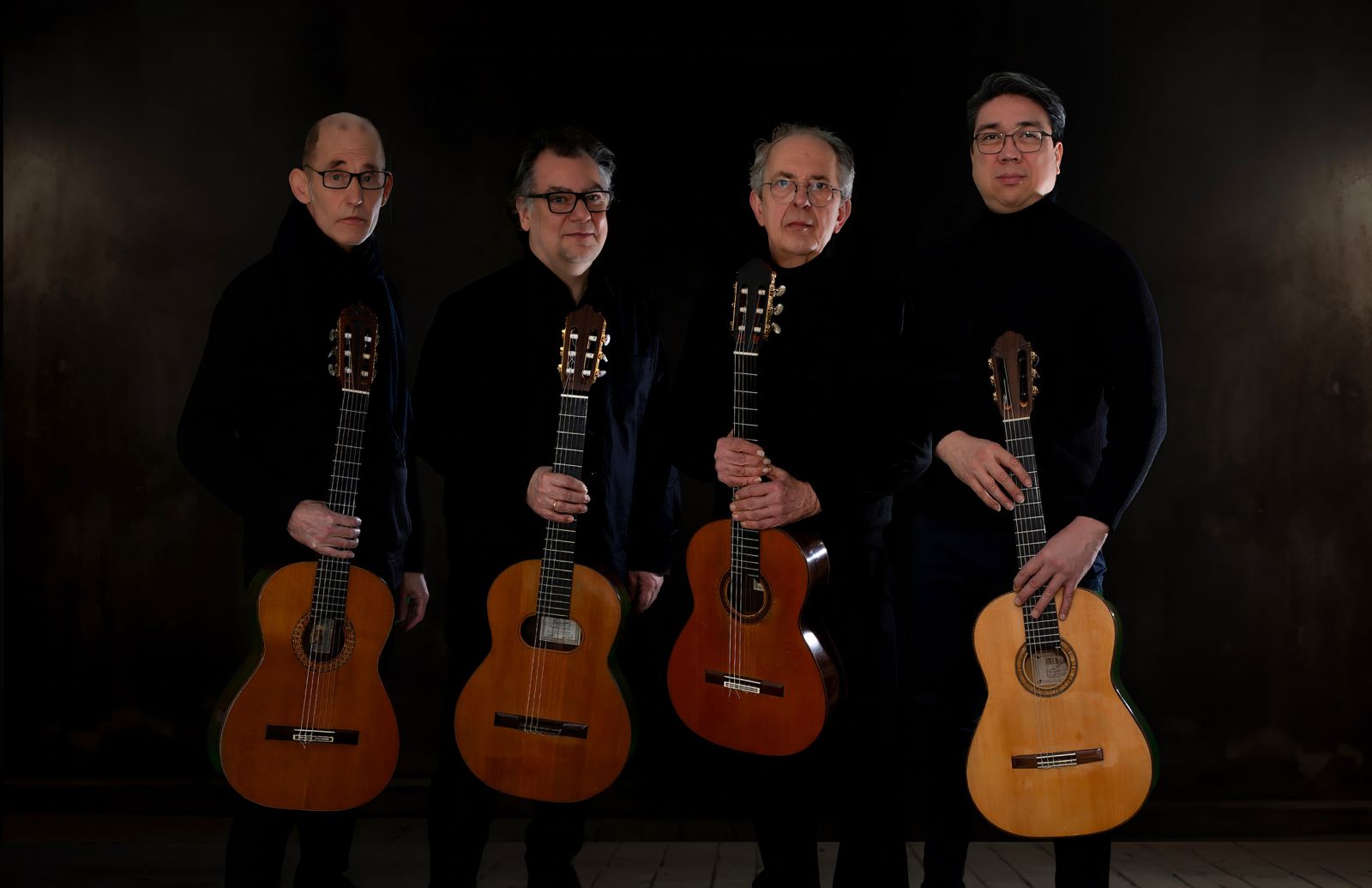Spanish music of the 20th century by Isaac Albéniz, Joaquín Turina and the complete version of Manuel de Falla´s ballet “El Amor Brujo”
Günther Lebbing,
Hugo H. Gaido,
Wolfgang Weigel,
Jhon Jiménez
In the late 19th and early 20th centuries, Spanish music underwent a significant transformation, marked by a departure from traditional styles and an embrace of modern influences. Composers like Isaac Albéniz and Enrique Granados played pivotal roles in shaping this evolution, introducing elements of nationalism and folk music into their compositions. The incorporation of regional Spanish folk themes, such as flamenco and Andalusian rhythms, brought a distinctive character to the music of this era. The increased interaction with European musical trends also contributed to a fusion of styles, creating a rich tapestry of sounds within Spanish classical music.
The role and influence of Manuel de Falla were particularly noteworthy during this period. Falla, a leading figure in Spanish music, drew inspiration from traditional Spanish folk music, incorporating it into his compositions with a modern flair. His work, including the iconic „Nights in the Gardens of Spain“, the ballets „The Three-Cornered Hat“ and “El Amor Brujo” showcased a harmonious blend of Spanish folklore and avant-garde elements. Falla’s contributions not only solidified the connection between Spanish music and its cultural roots but also garnered international acclaim, elevating Spanish classical music to a global stage. The collaboration and interchange among composers like Isaac Albéniz, Enrique Granados, and Manuel Falla collectively defined the rich and diverse landscape of Spanish music during this transformative era.
